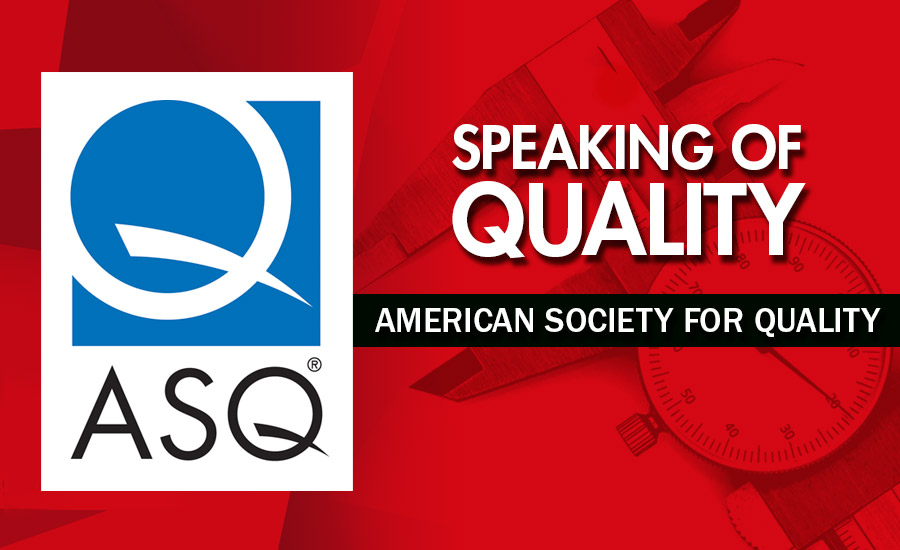In May 2010, my doctor informed me I had pancreatic cancer. He explained that pancreatic cancer is the silent cancer and only 6% of patients live after it is found. He stated that I had two choices: operate ASAP, or die a painful and horrible death. I chose surgery. It was at this point that Bill’s Team Survival was created. My survival team included top-notch surgeons, about a dozen different types of nurses, lab technicians, candy stripers, dieticians, cooks, an anesthesiologist, and other professionals who did things I won’t or can’t mention. My family and my faith were major team leaders. I made it through 12-plus hours of surgery and I now know what it is like to go through a meat grinder. I was told there were a couple of times that I almost didn’t make it. Fortunately, it just wasn’t my time.
This was not the end of Team Survival—just the start. One week after surgery—with most of my pancreas, my spleen, and some other doodads gone, and weighing about 90 pounds lighter—I left the hospital with my Team Survival still intact. I had no idea how my life would change. Over the last seven years I have become diabetic (due to not having a whole pancreas), had more CT scans, blood tests, gained a new attitude, got a little depressed at times, but Team Survival is still on the job.
One may ask: Why write such an opening for a Quality Magazine article? It is because there is a major cancer in today’s product and service quality field. The first step is to acknowledge its presence and understand that it will cause an organization’s death if not treated.
To prove my point, type “recalls” into a search engine and you will see that there are hundreds of recalls every month. You will find recalls on toys, chairs, chainsaws, shipping boxes, crossbows, over a million automobiles, and—one of my favorites—toy chickens. Be careful when you view the FDA’s recall website; you may want to start yourself a garden. I could spend the rest of my allotted word count writing just about recalls but instead this article is about the cancer that has grown bigger and nastier over the last several years, and like all cancers it has cost people’s lives and their lifestyles.
Philip Crosby stated, “Quality is free. The unquality things are what cost money.” Two examples of this are:
Volkswagen wrote false reports about their environmental test and sold automobiles that did not meet the environmental standards. How many millions were they fined and how many sales did they lose? Know that company executives made these decisions but they didn’t pay the fines; the customers and stockholders ultimately did.
Takata made millions of air bags that, if deployed, would cause people to be mangled or killed. Takata was fined several billion dollars, but they can’t bring back the dead. It has also been reported that five of the largest automakers knew that they were using defective airbags and did nothing about it because it would cost them money.
For those of us who chose quality as a lifestyle and commit to it, we have not done our job well enough. We can’t wash the stains of neglect from our hands any more than those I have pointed out. Being part of the quality community, I felt I was part of a team that protected the workers, the consumers, and even influenced those in management to do good quality. But often, the quality community exists with a caste system where the job title means more than a person’s role in quality. I remember reading an article that suggested one should start with the lower certification and build up to the higher ones. I disagree because I believe all quality tools should be placed in the toolbox, not simply the tools needed to earn a certification. If Takata’s management team had listened to their quality department, they would have more money in their pockets today.
I read a book on risk management that said when all else fails, inspect the items. I believe that proper incoming, process, and final inspections will prevent mass failures from being sent to the markets. I am not stating we should go to 100% inspection but rather just let the inspectors and technicians do their jobs and have management react properly and ethically on the quality department’s findings.
Our community needs its own survival team to fight the cancer we allowed to grow in quality. Cancer and its aftereffects never fully go away. One never stops fighting cancer. Bill’s Team Survival is still on the job. Let’s join together and form Team Survival for Quality.
